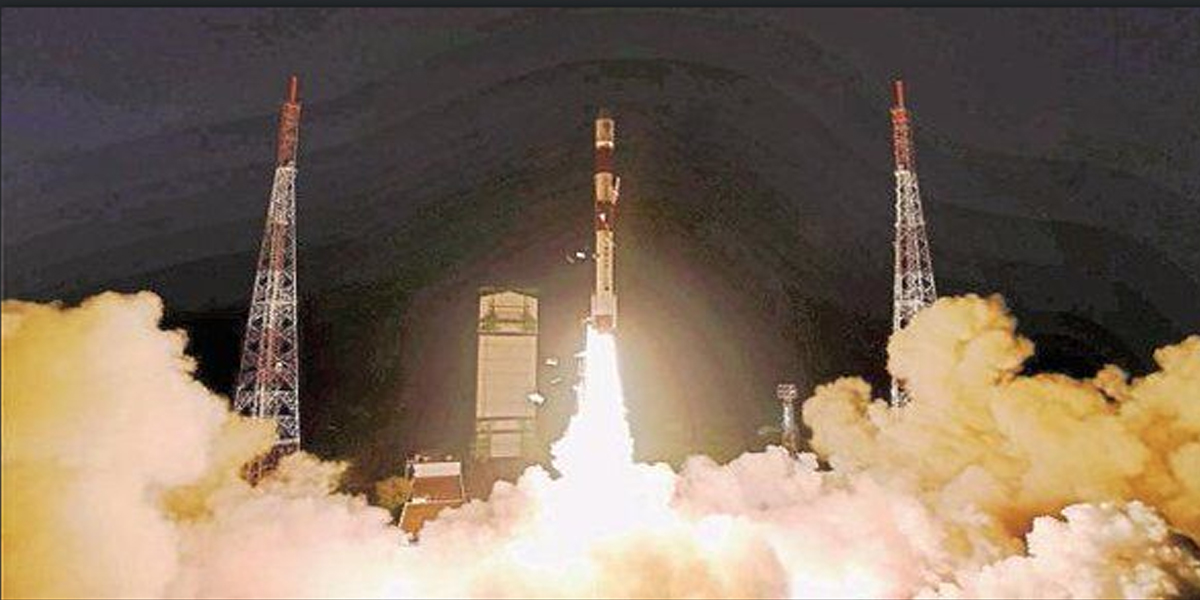Union Cabinet gives a boost to Gaganyaan

In major boost to Indias ambitious programme to send astronauts to space, the Union Cabinet has approved Rs 10,000crore Gaganyaan Programme that envisages two unmanned and one manned flight to the space Informing about the decision on Friday, Union Minister Ravi Shankar Prasad said Three Indian astronauts will be sentto space for up to seven days by 2022
New Delhi: In major boost to India's ambitious programme to send astronauts to space, the Union Cabinet has approved Rs 10,000-crore "Gaganyaan Programme" that envisages two unmanned and one manned flight to the space. Informing about the decision on Friday, Union Minister Ravi Shankar Prasad said: "Three Indian astronauts will be sent
to space for up to seven days by 2022."
Announced by Prime Minister Narendra Modi on August 15, the total fund requirement for the Gaganyaan Programme is within Rs 10,000 crore and includes cost of technology development, flight hardware realisation and essential infrastructure elements. Two unmanned flights and one manned flight will be undertaken as part of the programme.
The Indian Space Research Organisation (ISRO) will collaborate extensively with various national agencies, laboratories, academia and industry to accomplish the Gaganyaan Programme objectives. While the ISRO will be responsible for realising the flight hardware through industry, national agencies, laboratories and academia will participate in crew training, human life science technology development initiatives as well as design reviews.
First human space flight demonstration is targeted to be completed within 40 months from the date of sanction. Prior to this, two unmanned flights in full complement will be carried out to gain confidence on the technology and mission management aspects. The ambitious programme will also allow pooling in of diverse technological and industrial capabilities and enable broader participation in research opportunities and technology development.
It is also expected to spur research and development within the country in niche science and technology domains and provide huge potential for technology spinoffs in areas such as medicine, agriculture, industrial safety, pollution, waste management, and water and food resource management, among others. The ISRO has completed the development of launch vehicle GSLV Mk-lll which has the necessary payload capability to launch a three-member crew module in low earth orbit.
It has also tested the crew escape system which is an essential technology for manned space flight. The aerodynamic characterisation of crew module has been completed as part of GSLV Mk-lll X mission flight. Elements of life support system and space suit also have been realised and tested.











